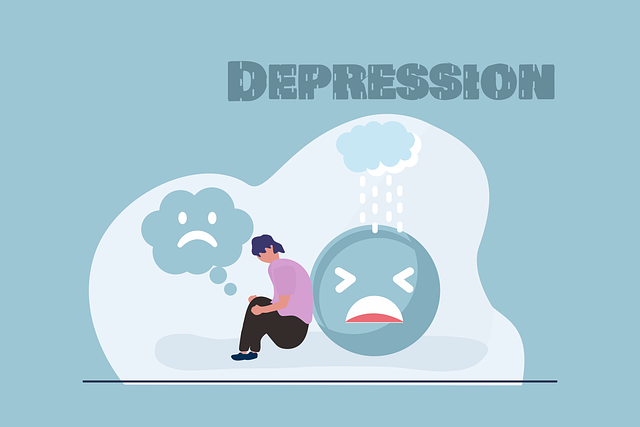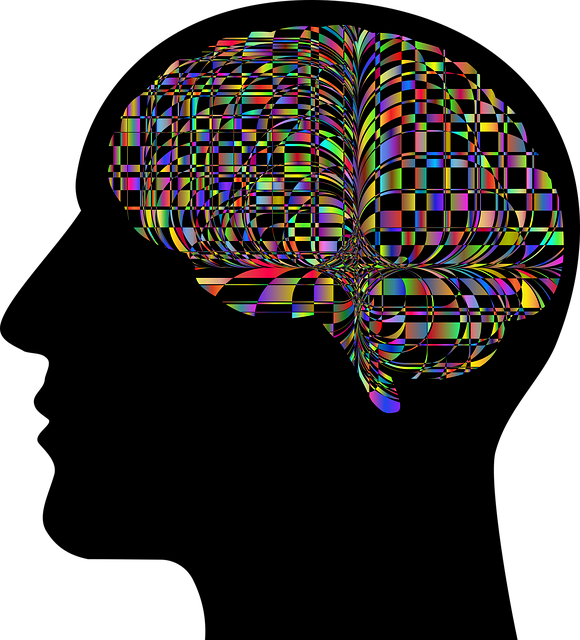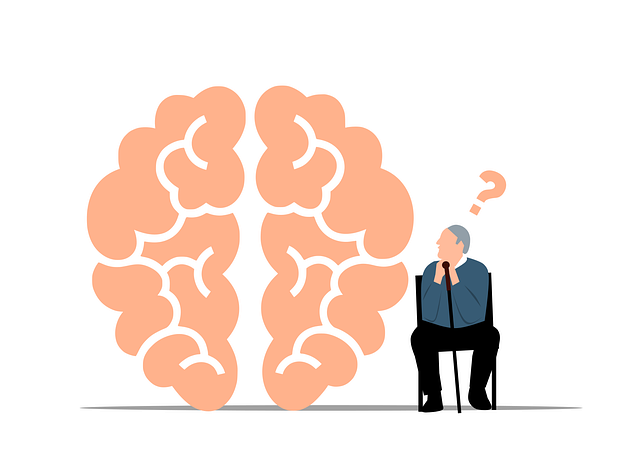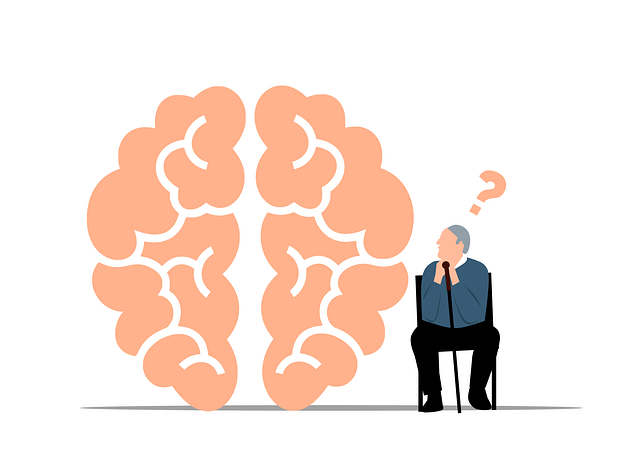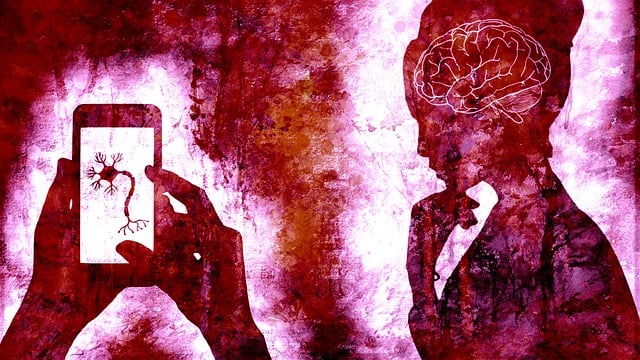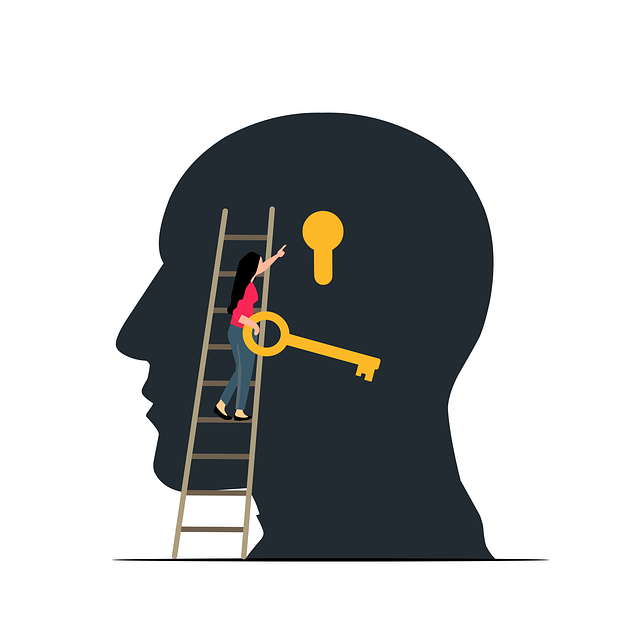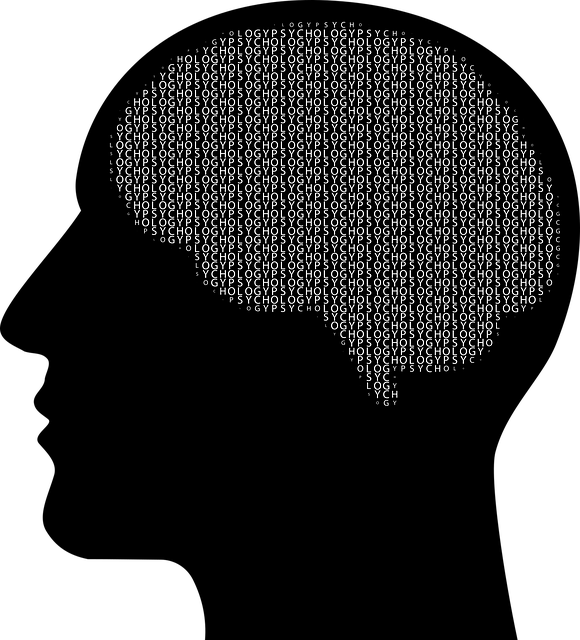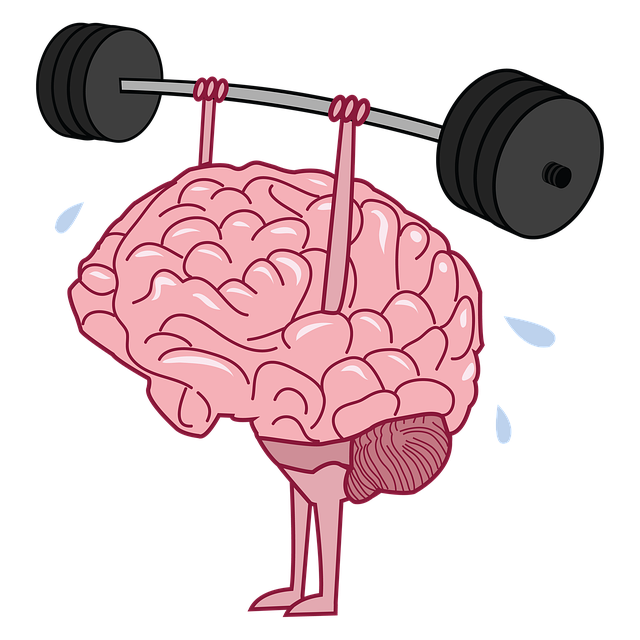Lone Tree Mental Health Evaluations Therapy offers a comprehensive approach to managing anxiety by identifying root causes through individualized assessments, combining talk therapy with practical techniques like Mindfulness Meditation and Positive Thinking. Their evidence-based methods, including cognitive-behavioral therapy (CBT), equip individuals with personalized coping strategies for improved emotional regulation and mental health awareness, fostering inner strength and resilience against anxiety triggers.
Anxiety is a common yet complex emotion that, if left unaddressed, can significantly impact daily life. This article guides you through effective strategies for managing anxiety, offering insights into recognizing its signs and symptoms. We explore various therapy approaches, including Lone Tree Mental Health Evaluations, to assess and tackle anxiety root causes. Additionally, practical techniques are provided for daily implementation, empowering individuals to take control of their mental well-being.
- Understanding Anxiety: Recognizing the Signs and Symptoms
- Lone Tree Mental Health Evaluations: Assessing Your Anxiety
- Effective Therapy Approaches for Overcoming Anxiety
- Practical Techniques to Manage Anxiety Daily
Understanding Anxiety: Recognizing the Signs and Symptoms

Anxiety is a normal human emotion, but when it becomes overwhelming and persistent, it can significantly impact daily life. Understanding anxiety involves recognizing its subtle signs and symptoms, which can vary from physical sensations to cognitive distortions. Common indicators include increased heart rate, difficulty breathing, restlessness, irritability, and intrusive thoughts. These symptoms often manifest in unique ways for each individual, making self-awareness crucial in managing anxiety effectively.
By raising awareness about emotional intelligence and emotional regulation, Lone Tree Mental Health Evaluations Therapy can guide individuals to identify and challenge anxious thought patterns. This process involves exploring the root causes of anxiety, whether it stems from stress, trauma, or underlying mental health conditions. Through therapy, clients develop coping strategies tailored to their needs, fostering better emotional regulation and overall mental health awareness.
Lone Tree Mental Health Evaluations: Assessing Your Anxiety

Anxiety can be a complex and overwhelming condition, but understanding its roots is a powerful first step. Lone Tree Mental Health Evaluations offer a comprehensive way to assess and manage anxiety by delving into the unique factors contributing to an individual’s state of mind. Through professional therapy sessions, they help individuals navigate their anxious thoughts and behaviors. These evaluations are not just about diagnosing; they provide valuable insights into personal triggers and coping mechanisms.
By undergoing such an assessment, you gain access to tailored strategies for stress reduction methods and conflict resolution techniques. Social skills training is another beneficial aspect often incorporated into these evaluations, empowering individuals to build resilience against anxiety triggers. This holistic approach ensures that the root causes of anxiety are not just identified but also effectively addressed.
Effective Therapy Approaches for Overcoming Anxiety

Anxiety management is a multifaceted approach, and various therapy methods have proven effective in overcoming this common challenge. One such powerful tool is Lone Tree Mental Health Evaluations Therapy, which involves an individualized assessment to understand the root causes of anxiety. This personalized process helps individuals identify triggers and develop tailored coping strategies. By combining talk therapy with practical techniques, clients can build inner strength and resilience to manage anxiety symptoms.
In addition to traditional therapy, engaging in Mental Health Education Programs Design can empower individuals to take charge of their well-being. These programs often include learning relaxation techniques, mindfulness practices, and cognitive-behavioral strategies that enable people to confront and overcome anxiety disorders. As part of a comprehensive mental health policy analysis and advocacy effort, these educational initiatives play a vital role in promoting mental wellness within communities.
Practical Techniques to Manage Anxiety Daily

Anxiety management is a skill that can be cultivated through practical techniques integrated into daily routines. One effective method is Mindfulness Meditation, which involves focusing on the present moment, observing thoughts and sensations without judgment. This simple practice can help calm the mind and reduce anxious thoughts. Incorporating Positive Thinking strategies by reframing negative self-talk and practicing gratitude can also significantly impact overall well-being.
Additionally, Lone Tree Mental Health Evaluations and therapy sessions play a pivotal role in addressing deep-seated anxiety. Therapists guide individuals through evidence-based techniques like cognitive-behavioral therapy (CBT), which teaches individuals to identify and change unhelpful thought patterns. By combining these therapeutic approaches with daily practices such as Mind Over Matter Principles, people can effectively manage and reduce their anxiety levels, fostering a sense of calm and resilience in their daily lives.
Anxiety management is a journey that starts with understanding your condition, as highlighted by Lone Tree Mental Health Evaluations. Through effective therapy approaches and practical daily techniques, you can take control of your mental health. Remember, seeking help is a sign of strength, and with the right tools, managing anxiety is achievable. Incorporate these strategies into your routine to enhance well-being and reclaim peace of mind.
